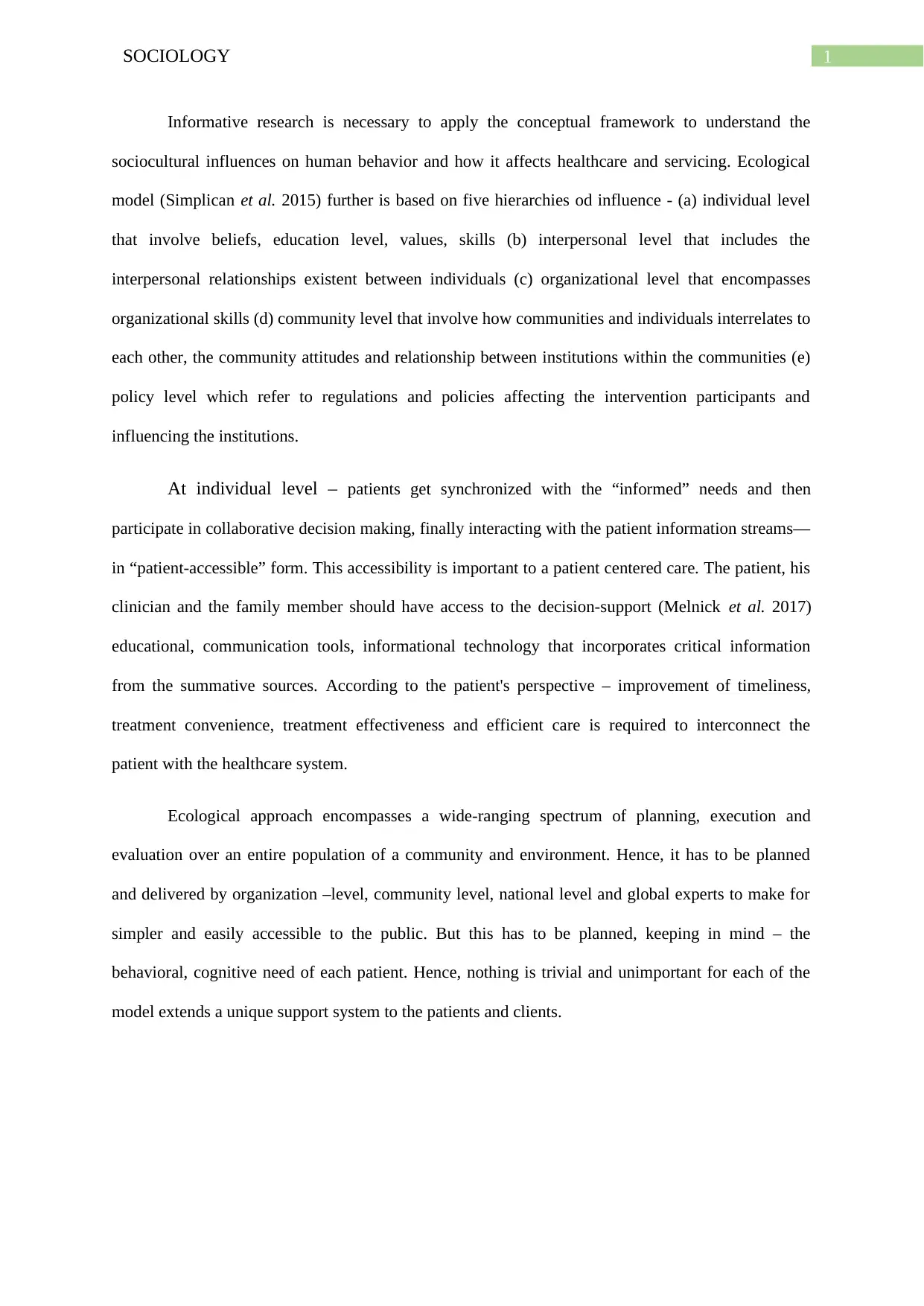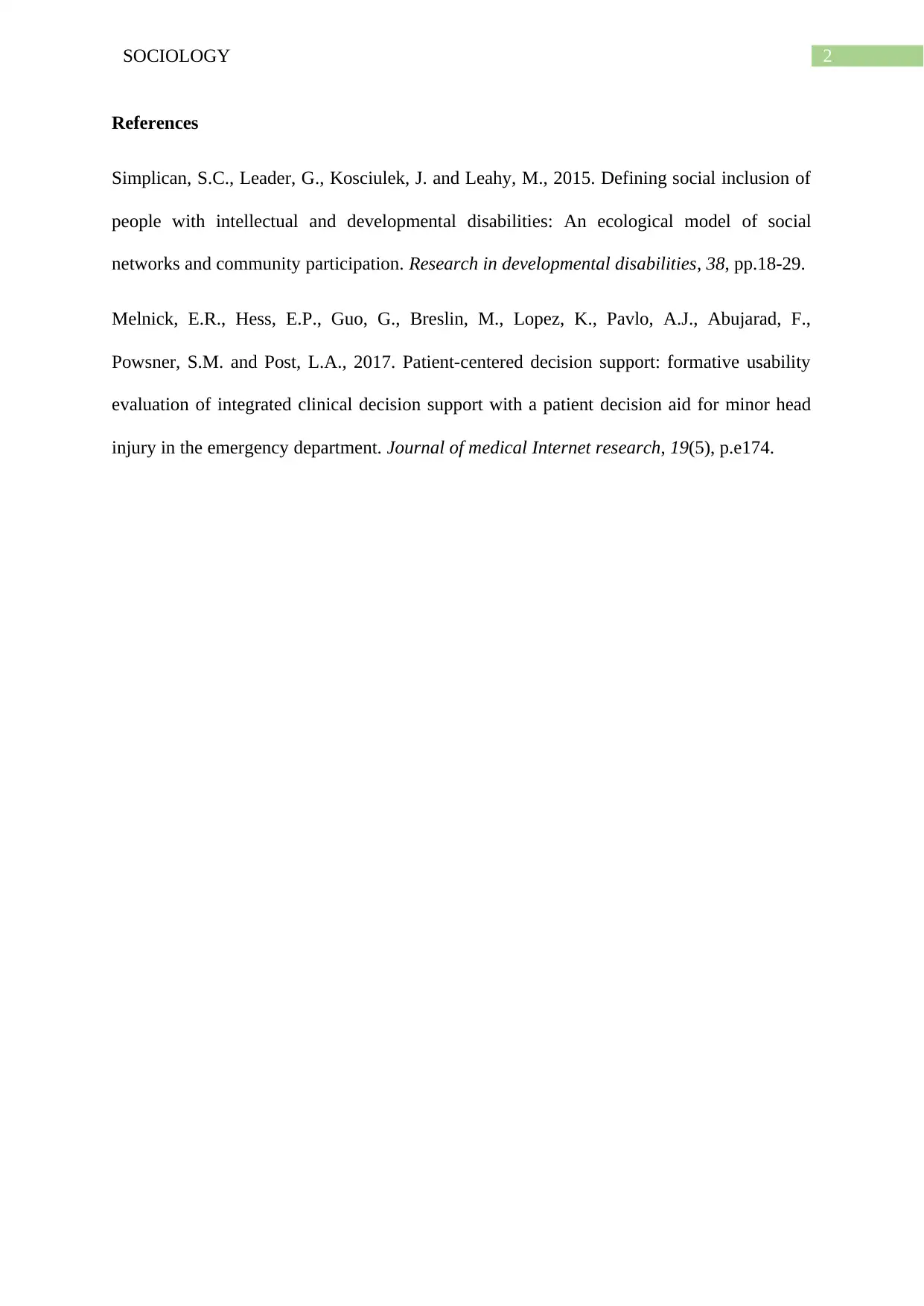Flinders University PHCA9516: Ecological Approaches Discussion
VerifiedAdded on 2023/03/30
|3
|390
|482
Discussion Board Post
AI Summary
This discussion board post, stemming from a lecture on ecological approaches to health behaviour change, delves into the ongoing debate between individual-level and ecological approaches. The post presents a student's perspective, advocating for a combined approach that leverages both individual and ecological strategies. The student acknowledges the value of individual-level approaches for assessing a person's readiness for change and providing personalized support. However, it emphasizes the importance of ecological approaches in modifying environmental factors to influence behaviour, using anti-smoking campaigns as an example. The post also touches upon the potential limitations of ecological interventions, such as restrictions on freedom and social segregation, as well as the complexities of evaluating their effectiveness. The student uses a food bank example to highlight the challenges in encouraging healthier choices even when resources are available. This contribution aims to provide a balanced view of the subject matter, considering the pros and cons of each approach, and suggesting a more holistic approach to health behaviour change.
1 out of 3









![[object Object]](/_next/static/media/star-bottom.7253800d.svg)